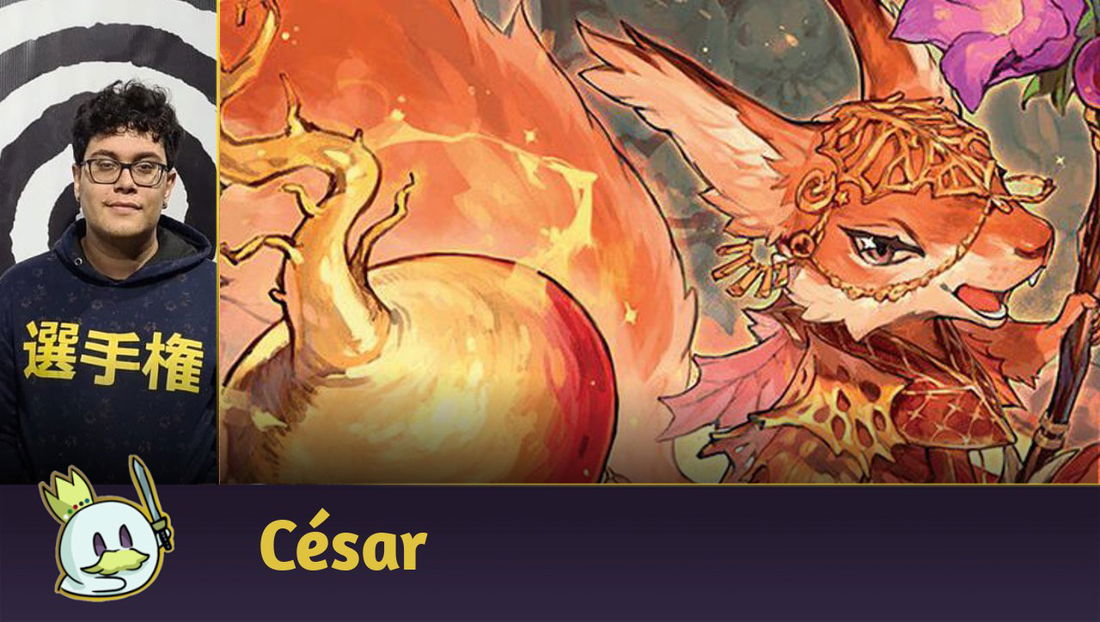What are Utility Lands in MTG?
Utility lands are a category of lands in Magic that do something other than generate mana. They can come in different forms, alone or in a cycle.
It is common for utility lands to have some disadvantage, be it coming into play tapped, generating only colorless mana, being legendary cards and/or having some conditional ability to work to limit their use in most lists, but some can have many qualities and, thus, become major staples of their respective formats.
When should I run utility lands in my deck?
Utility lands are useful in any deck that has space for them, but they need to meet some requirements to avoid being wasted space.
The 10 Best Utility Lands in MTG
Honorable Mention: Strip Mine

Strip Mine is the strongest utility land in Magic and banned or restricted in all formats where its sets are legal. Its greatest quality is the fact that it destroys any land, creating powerful interactions with cards like Life from the Loam or Crucible of Worlds.
But while it is the strongest land, it is not specifically the best land. Both for its playability (after all, it is banned or restricted in everything) and for its design which, in general, sounds extremely generic.
10 - Blast Zone

Blast Zone is commonly found as a one-of in Big Mana lists in Modern or two-color Control in Pioneer for its ability to deal with troublesome permanents without wasting a spell slot, and these archetypes have a certain ease in increasing the number of counters to deal with specific hate, and is also a good answer against Pithing Needle, Alpine Moon and other cards with a mana value one.
9 - Castle Locthwain

Castle Locthwain is the card that stands out most in the Throne of Eldraine Castle cycle for offering recurring card advantage in a land slot, being an ideal choice for attrition-oriented decks as it benefits its controller in the topdeck war after using removals and discards to exert the opponent's resources.
Such utility has turned this land into a staple of the Pioneer Midrange decks and puts it at a high enough power level to also appear in Modern and Timeless lists.
8 - Bojuka Bog

Bojuka Bog has a simple but very efficient design: its ETB of exiling graveyards makes it an essential utility land for all competitive formats where it is legal, from Modern to Pauper - and in certain archetypes, such as Dark Depths in Legacy, the use of tutors makes it an extremely efficient answer against decks that feed on graveyard as part of their strategies.
7 - Thespian’s Stage

Thespian’s Stage will always be as good as the land it is copying, but it is widely played to bypass the limitations of other lands. For example, when copying Dark Depths, this card becomes a copy without counters and is sacrificed to create a Marit Lage token, a very famous combo in Legacy while, in Pioneer, it teams up with Lotus Field to bypass its ETB and, on the next turn, its controller has six mana available with two lands in play.
Such flexibility and format-breaking potential make Thespian’s Stage one of Magic's most versatile lands.
6 - Valakut, the Molten Pinnacle

Valakut, the Molten Pinnacle is essentially a win condition that has impacted Modern since its inception, first with the combo alongside Scapeshift and Primeval Titan and, years later, with Dryad of the Ilysian Grove to transform all lands into Mountains and make your Fetch Lands deal 6 damage when used, being lethal alongside Wrenn and Six.
From being the main wincondition, this land became an inevitability button for attrition decks, an alternative attack line for faster combos and benefited greatly from the Triomes in Modern so that multicolored strategies could run a copy of it.
5 - Forgotten Realms Manlands

The Manlands from Adventures in the Forgotten Realms are the most efficient cycle of “creature lands” that have ever been released in Magic, mainly because they come into play untapped in the first turns, increasing the consistency of proactive archetypes.
Furthermore, this cycle has less restrictive activation costs on cards that are much more impactful than other lands with similar abilities. Den of the Bugbear is so efficient at pressuring opponents that it even sees play in Legacy, while Hive of the Eye-Tyrant appears in some Modern lists and is a Pioneer staple alongside Hall of Storm Giants and Lair of the Hydra.
4 - Field of the Dead

Field of the Dead is the best land to build a deck “around” in Magic, mainly because it complements powerful strategies without creating too many concessions on them, while offering one of the best victory conditions the game has to offer.
In any list with many non-basic lands and a high diversity of names between Fetch Lands, other utility lands, basics and duals, Field of the Dead quickly takes over the game and threatens the opponent with at least one Zombie per turn merely due to its controller playing the game and following the natural steps of a match, while it becomes broken when we use other means of speeding up our land drops each turn.
3 - Wasteland

Non-basic and/or utility lands need to be put in check, or they easily take formats. Cards like Blood Moon exist and are widely played precisely because of the need to contain the greed of doing too many things with our land drops, and Wasteland is the absolute answer to this problem.
Counting as a land, Wasteland basically dictates all Legacy and Vintage deckbuilding restrictions. After all, it's easy for players to get the most out of it when they combine it with low-cost spells and threats, throwing the opponent far behind while advancing their game plan.
Finally, it is also a “fixed” version of Strip Mine, creating an extremely healthy land for the Metagames where it is present, forcing serious deckbuilding concessions and practically forcing players to include at least one land basic in their lists.
2 - Urza’s Saga

Urza’s Saga does a little of everything: it generates mana, creates tokens that can serve as a wincondition, and searches for a key card to put into play. It's a lot for a single card, and while there are concessions when it comes to including it in your list, the costs of avoiding being too greedy with colors tend to be offset by the flexibility and effectiveness that this land offers.
Next to Wrenn and Six, Urza’s Saga is a win condition on its own. In an artifact shell, it can find a key piece and the tokens it creates grow rapidly, and even in decks with few interactions with artifacts or ways to reuse land, it offers another angle of attack while searching for a specific card, be it a Nihil Spellbomb to exile a graveyard, or a Mishra's Bauble just to draw a card, or even a Shadowspear to speed up your clock.
1 - Channel Lands

The Channel Lands from Kamigawa: Neon Dynasty became instant staples of every competitive format, while also not dominating any Metagame. They are the perfect example of elegant utility land design, where they don't create large deckbuilding concessions to be played, but they also have restrictions that don't allow having more than one copy of them in your list without taking some risks, since they are legendary.
They all have some use: Eiganjo, Seat of the Empire is an extra removal that doesn't waste slots, Otawara, Soaring City temporarily deals with any troublesome permanents, Takenuma, Abandoned Mire is a recursion that also feeds the graveyard, Sokenzan, Crucible of Defiance speeds up the clock or offers tokens for cards like Indomitable Creativity and Boseiju, Who Endures is so versatile in dealing with hate and other non-basic lands that it has become the most important of the cycle.
Such effectiveness in use and flexibility in offering access to colors as well as a basic land have placed Channel Lands on a level of cards that are almost mandatory in any deck, making them the best cycle of utility lands in Magic.
Conclusion
That's all for today!
If you have any questions or suggestions, feel free to leave a comment!
Thanks for reading!













— Comments 0
, Reactions 1
Be the first to comment